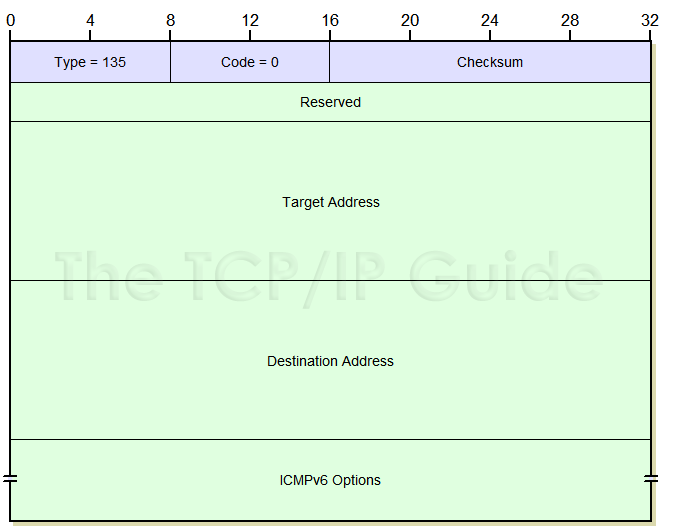 |
|
Please Whitelist This Site?
I know everyone hates ads. But please understand that I am providing premium content for free that takes hundreds of hours of time to research and write. I don't want to go to a pay-only model like some sites, but when more and more people block ads, I end up working for free. And I have a family to support, just like you. :)
If you like The TCP/IP Guide, please consider the download version. It's priced very economically and you can read all of it in a convenient format without ads.
If you want to use this site for free, I'd be grateful if you could add the site to the whitelist for Adblock. To do so, just open the Adblock menu and select "Disable on tcpipguide.com". Or go to the Tools menu and select "Adblock Plus Preferences...". Then click "Add Filter..." at the bottom, and add this string: "@@||tcpipguide.com^$document". Then just click OK.
Thanks for your understanding!
Sincerely, Charles Kozierok
Author and Publisher, The TCP/IP Guide
|
|
|

Custom Search
|
|
ICMPv6 Redirect Messages
(Page 2 of 2)
ICMPv6 Redirect Message Format
The format of ICMPv6 Redirect messages is shown in Table 113 and Figure 162.
Field Name |
Size (bytes) |
Description |
Type |
1 |
Type: Identifies the ICMPv6 message type; for Redirect messages the value is 137. |
Code |
1 |
Code: Not used; set to 0. |
Checksum |
2 |
Checksum: 16-bit checksum field for the ICMP header, as described in the topic on the ICMP common message format. |
Reserved |
4 |
Reserved: 4 bytes sent as zeroes. |
Target Address |
16 |
Target Address: The address of the router that the router creating the Redirect is telling the recipient of the Redirect to use as a first hop for future transmissions to the destination. Phew. Example time: if router R2 generated a Redirect telling host A that in the future transmissions to host B should be sent first to router R1, then R1's IPv6 address would be in this field. |
Destination Address |
16 |
Destination Address: The address of the device whose future transmissions are being redirected; this is the destination of the datagram that originally led to the Redirect being generated. Repeating the example above: if router R2 generated a Redirect telling host A that in the future transmissions to host B should be sent first to router R1, then host B's IPv6 address would be in this field. |
Options |
Variable |
Options: Redirect messages normally include two ICMPv6 option fields: [ Target Link-Layer Address: The layer-two address of the Target Address, if known. This saves the recipient of the Redirect message from needing to perform an address resolution on the target. [ Redirected Header: As much of the IPv6 datagram that spawned this Redirect as will fit without causing the size of the ICMPv6 error message (including its own IP header) to exceed the minimum IPv6 maximum transmission unit (MTU) of 1280 bytes. |
|
|
|
|
| |||||||||||||||||||
Home - Table Of Contents - Contact Us
The TCP/IP Guide (http://www.TCPIPGuide.com)
Version 3.0 - Version Date: September 20, 2005
© Copyright 2001-2005 Charles M. Kozierok. All Rights Reserved.
Not responsible for any loss resulting from the use of this site.








 Note: As an aside, the Redirect message has always been somewhat of an oddball. In ICMPv4,
Note: As an aside, the Redirect message has always been somewhat of an oddball. In ICMPv4,  Key Concept: ICMPv6 Redirect messages are used by a router to inform a host of a better router to use for future datagrams sent to a particular host or network. They are not used to alter routes between routers, however.
Key Concept: ICMPv6 Redirect messages are used by a router to inform a host of a better router to use for future datagrams sent to a particular host or network. They are not used to alter routes between routers, however.